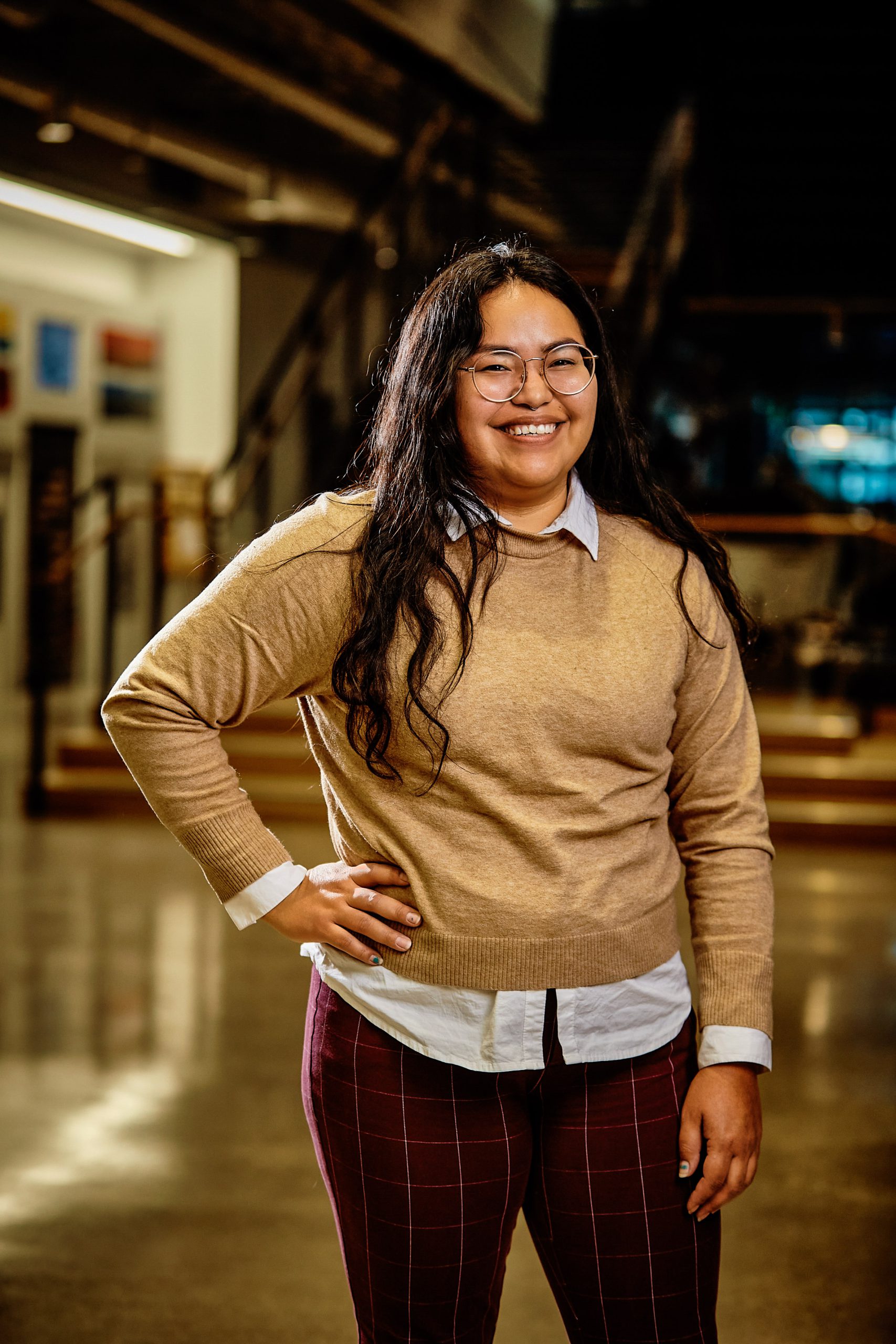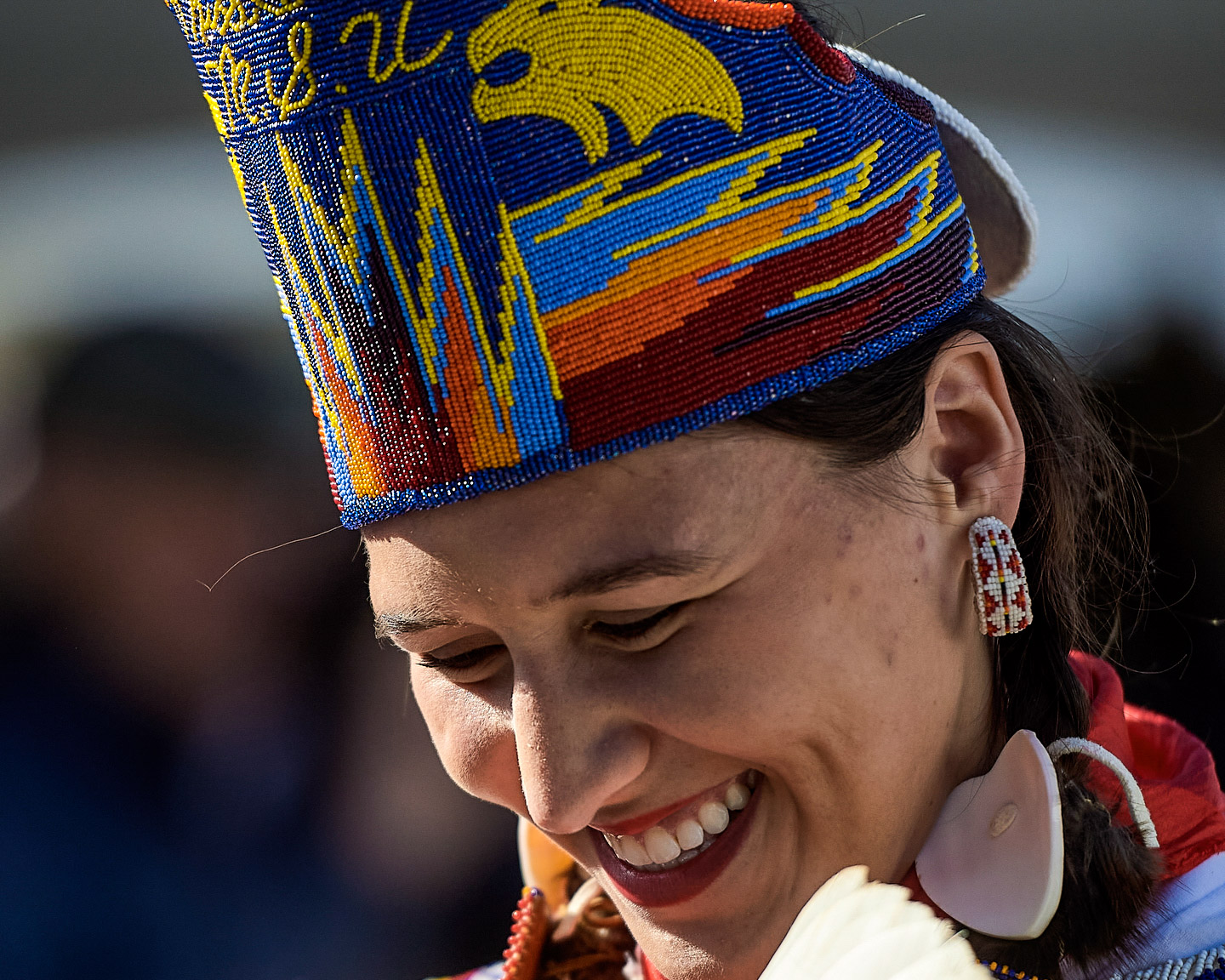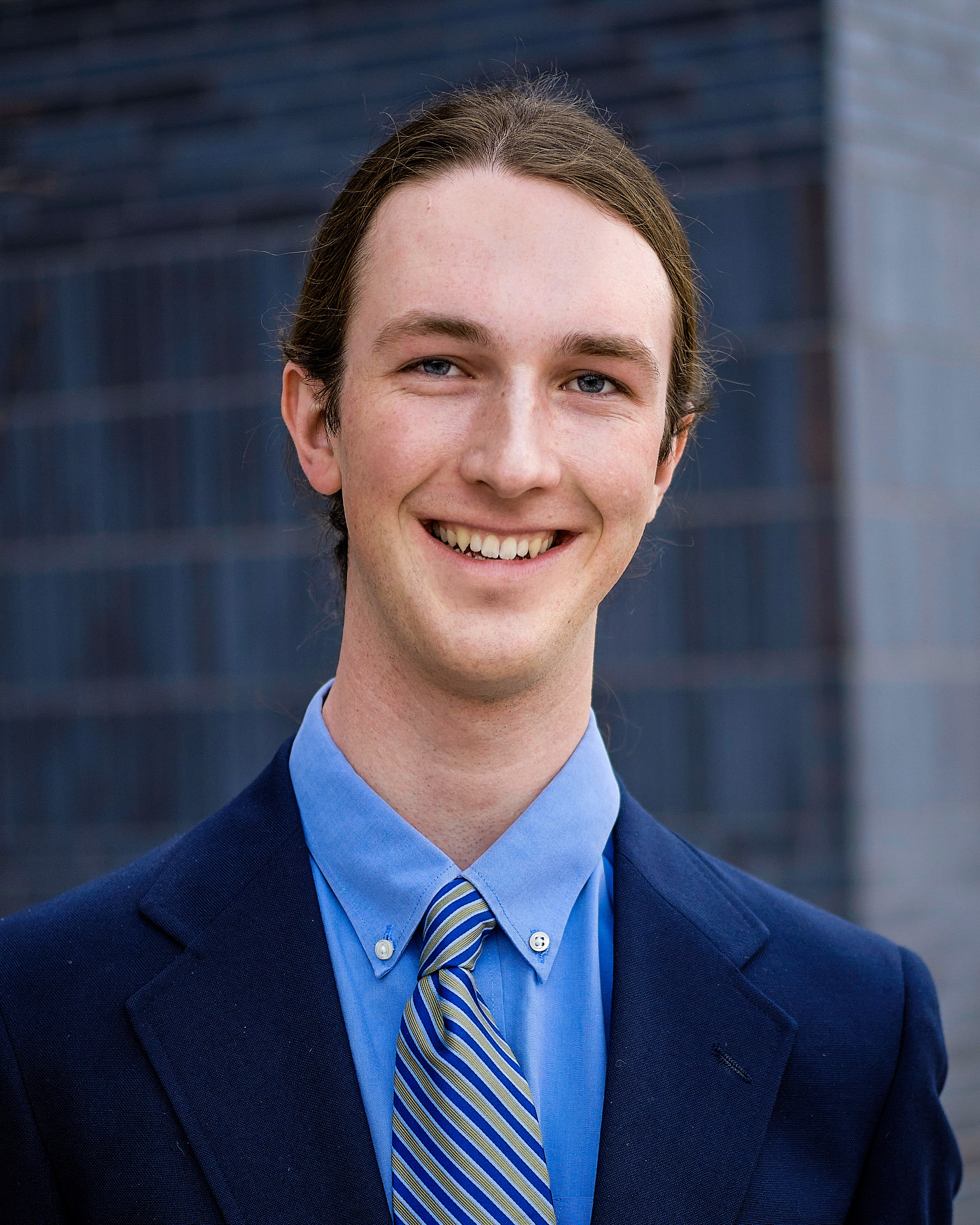Indianz.Com > News > MSU News: Montana State University students named 2022 Udall Scholars

Two Montana State students named Udall Scholars
Tuesday, May 31, 2022
MSU News Service
Two Montana State University students have won the prestigious Udall Scholarship from the Morris K. Udall and Stewart L. Udall Foundation. Cassandra Baker, a junior from Lame Deer majoring in math education, won the fellowship in the tribal public policy category. Atticus Cummings, a junior from Bozeman majoring in directed interdisciplinary studies with an emphasis in architecture, chemical engineering and sociology, was named a scholar in the environmental category.
Baker and Cummings were among 55 students from colleges and universities across the country to have been selected as 2022 Udall Scholars, said Ilse-Mari Lee, dean of MSU’s Honors College.
“We are so very proud of Cassandra and Atticus, who have been named 2022 Udall Scholars. Cassandra, in recognition of her significant contributions to tribal communities in Montana, and Atticus, for his efforts on our campus to protect our natural environment ” Lee said. “As servant leaders, they will join a national network for Udall Scholars, who have truly made a difference in their communities.”
The Udall Foundation is an independent federal agency that Congress established in 1992 to provide federally funded scholarships for college students intending to pursue careers related to the environment, as well as to American Indian students pursuing tribal public policy or Native health care careers. Udall Scholars receive $7,000 to use toward academic expenses. The scholarships honor the legacy of Morris Udall and Stewart Udall.
Cassandra Baker is a member the Northern Cheyenne Tribe who is using mathematical modeling techniques to gauge sustainability of the Northern Cheyenne language. She is also using modeling techniques to activate interest in math, STEM fields and cultural heritage in high school students in the region. “We are experiencing a loss of language,” Baker said. She explained that she is developing tasks that will model the loss of the language and determine numbers of speakers needed to ensure survival. A non-traditional and first-generation college student, Baker graduated from St. Labre Indian School in Ashland. She briefly attended a college in Maryland but said she didn’t fit in there and returned to Montana. She said when she was invited to tour the Montana State campus, she was happy to see an entire room dedicated to American Indian students — and now an entire building with the opening of American Indian Hall — as well as a supportive community. Baker said that at first mathematics was her worst subject, but one of her high school teachers used the technique of allowing students to correct work to increase chances of a better grade. That helped her understand mathematic concepts, and she came to develop a love for the subject. Baker said that, once on campus, she had about 10 different jobs to support herself, and because she couldn’t afford textbooks, she checked them out from the library. In the case of her statistics textbook, she could only check it out for a few hours at a time. “I had so many fines,” she recalled. However, she soon learned that there were people at MSU to support her. “If you ask, there are people who will help.” Lisa Perry, director of American Indian/Alaskan Native Student Success in the Department of Native American Studies, in the College of Letters and Sciences, said that Baker is a promising student in the classroom and a role model to her colleagues. “I am excited for Cassandra to have this opportunity as a Udall Scholar and to know all her hard work is being recognized,” Perry said. “Cassandra is a role model to her peers and younger Indigenous students. I am glad I get the opportunity to support Cassandra in her academic and life journey, and I know she will use this opportunity to give back to Indigenous communities in a good way.” Baker said one of the turning points in her career at MSU was when Beth Burroughs, head of the Department of Mathematical Sciences in the College of Letters and Science, hired Baker as the department’s student office assistant, where she has worked on the department’s website. She has also collaborated with professor Mary Alice Carlson in math education on math modeling. Through her work with the department she has thrived, she said.Udall Foundation Announces 2022 Udall Scholars
— udallfoundation (@udallfoundation) May 13, 2022
The Morris K. Udall and Stewart L. Udall Foundation is pleased to announce that 55 students from 49 colleges and universities have been selected as 2022 Udall Scholars. https://t.co/M0HMiGWhsf pic.twitter.com/sD18xour37
MSU News Service shares stories about Montana State University in Bozeman, Montana, and the accomplishments of its students, faculty, alumni and staff. Follow on Facebook and Twitter.
Search
Filed Under
Tags
More Headlines
Native America Calling: A sample of Native Guitars Tour 2024
Native America Calling: How Native literature is changing the mainstream narrative
Native America Calling: No ordinary animal
Native America Calling: Safeguards on Artificial Intelligence
NAFOA: 5 Things You Need to Know this Week
Chuck Hoskin: Cherokee Nation takes the lead for our environment
Native America Calling: Earth Day assessment for Native peoples
Cronkite News: Gathering addresses ‘epidemic’ among Native people
VIDEO: Cody Desautel on tribes and federal forest management
AUDIO: Legislative Hearing on Discussion Draft of Forest Management Bill
Native America Calling: Remembering the 1974 Navajo border town murders
Native America Calling: Can the right approach close the Native immunization gap?
Cronkite News: Long COVID cases remain high in Arizona
Native America Calling: Eyes in the sky for development, public safety, and recreation
Native America Calling: Three new films offer diverse views of Native life
More Headlines
Native America Calling: How Native literature is changing the mainstream narrative
Native America Calling: No ordinary animal
Native America Calling: Safeguards on Artificial Intelligence
NAFOA: 5 Things You Need to Know this Week
Chuck Hoskin: Cherokee Nation takes the lead for our environment
Native America Calling: Earth Day assessment for Native peoples
Cronkite News: Gathering addresses ‘epidemic’ among Native people
VIDEO: Cody Desautel on tribes and federal forest management
AUDIO: Legislative Hearing on Discussion Draft of Forest Management Bill
Native America Calling: Remembering the 1974 Navajo border town murders
Native America Calling: Can the right approach close the Native immunization gap?
Cronkite News: Long COVID cases remain high in Arizona
Native America Calling: Eyes in the sky for development, public safety, and recreation
Native America Calling: Three new films offer diverse views of Native life
More Headlines

